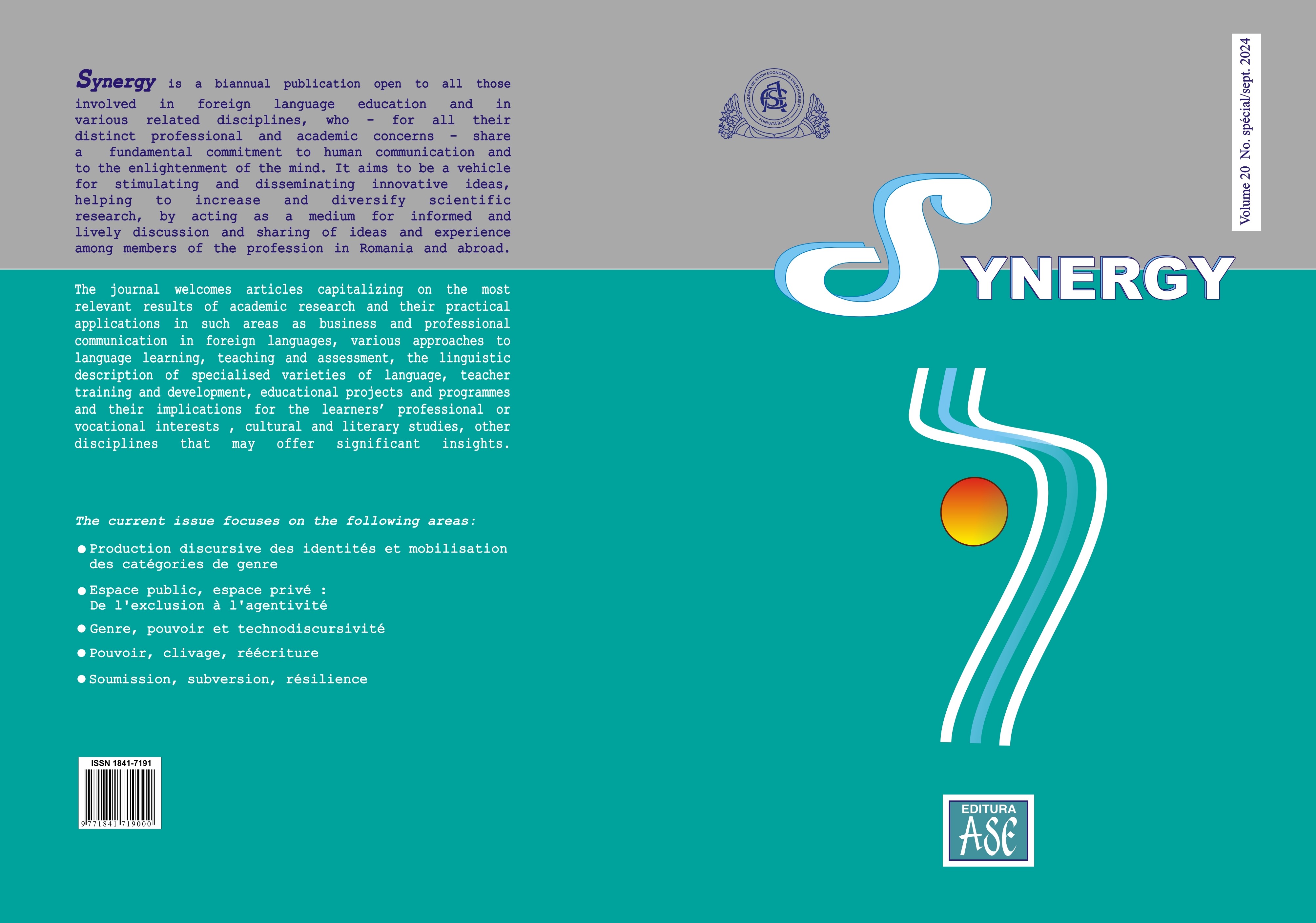AUTONOMIE CORPORELLE DES FEMMES ET CONTRÔLE DE L'ÉTAT EN ROUMANIE DANS LE ROMAN "FONTAINE DE TREVI" PAR GABRIELA ADAMEŞTEANU. UNE ANALYSE DES CO-TEXTES HISTORIQUE ET LITTERAIRE
BODY AUTONOMY OF WOMEN AND STATE CONTROL IN ROMANIA IN THE NOVEL "FONTANA DI TREVI" BY GABRIELA ADAMEŞTEANU. AN ANALYSIS OF HISTORIC AND LITERARY CO-TEXTS
Author(s): Roxana-Elisabeta MarinescuSubject(s): Gender Studies, Literary Texts, Studies of Literature, Novel, Philology, Theory of Literature
Published by: EDITURA ASE
Keywords: gender equality; feminism; pronatalist policies; Decree 770/1966; new historicism.
Summary/Abstract: This article discusses the topic of women’s bodily autonomy, more specifically the right to abortion vs. gender violence against reproductive rights, i.e. the strict state control of Romanian state authorities in the last decades of the communist dictatorship and the period after the fall of the regime to the present. For the present-day context, I will present the situation in Poland and Hungary. My analysis is based on the literary theory of new historicism (or cultural materialism) which claims that historic and literary elements function as co-texts. Decree 770/1966 which banned contraception and abortion represents the historic co-text and the novel Fontana di Trevi by Gabriela Adameşteanu is the literary one.
Journal: Synergy
- Issue Year: 20/2024
- Issue No: Si
- Page Range: 169-184
- Page Count: 16
- Language: French

